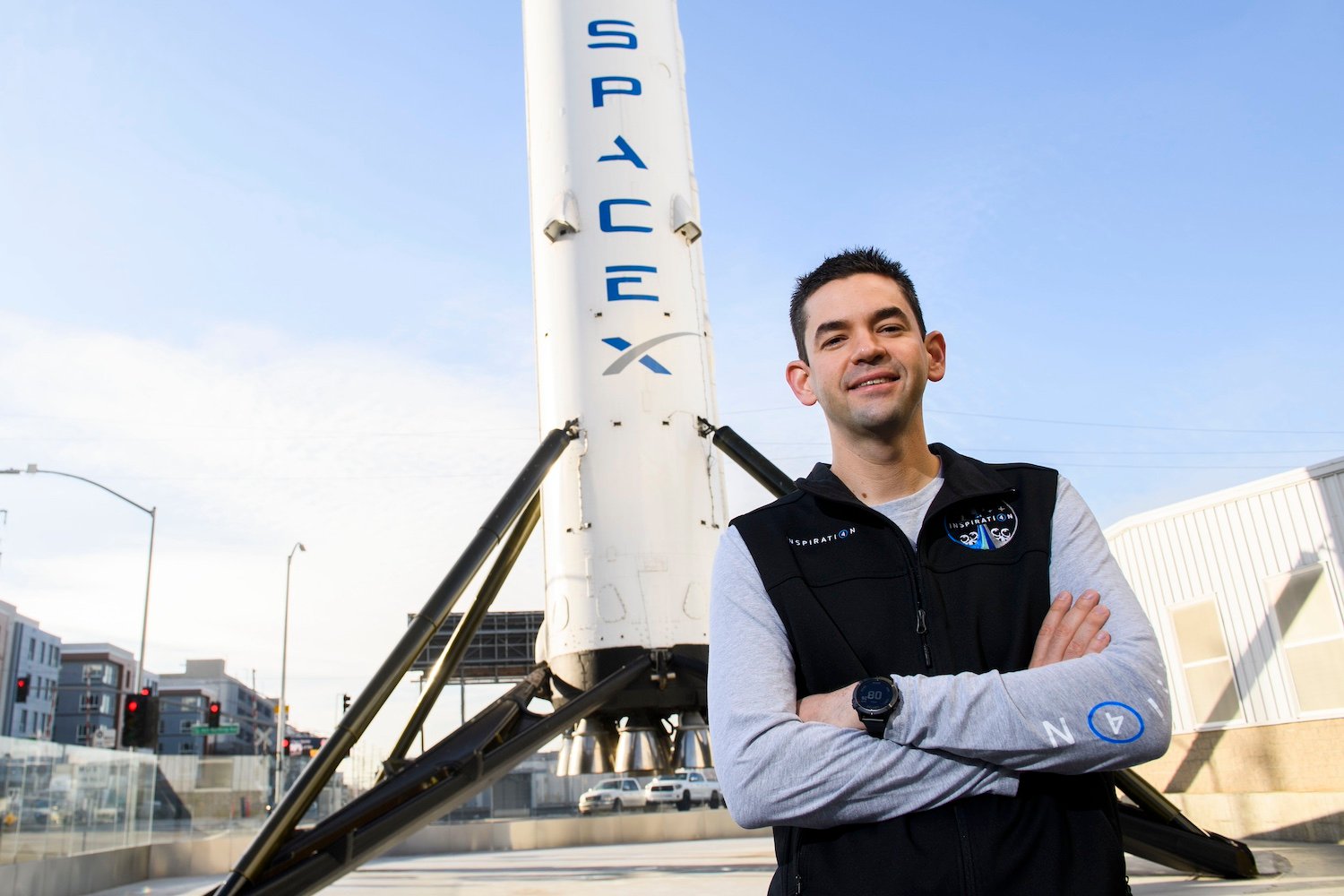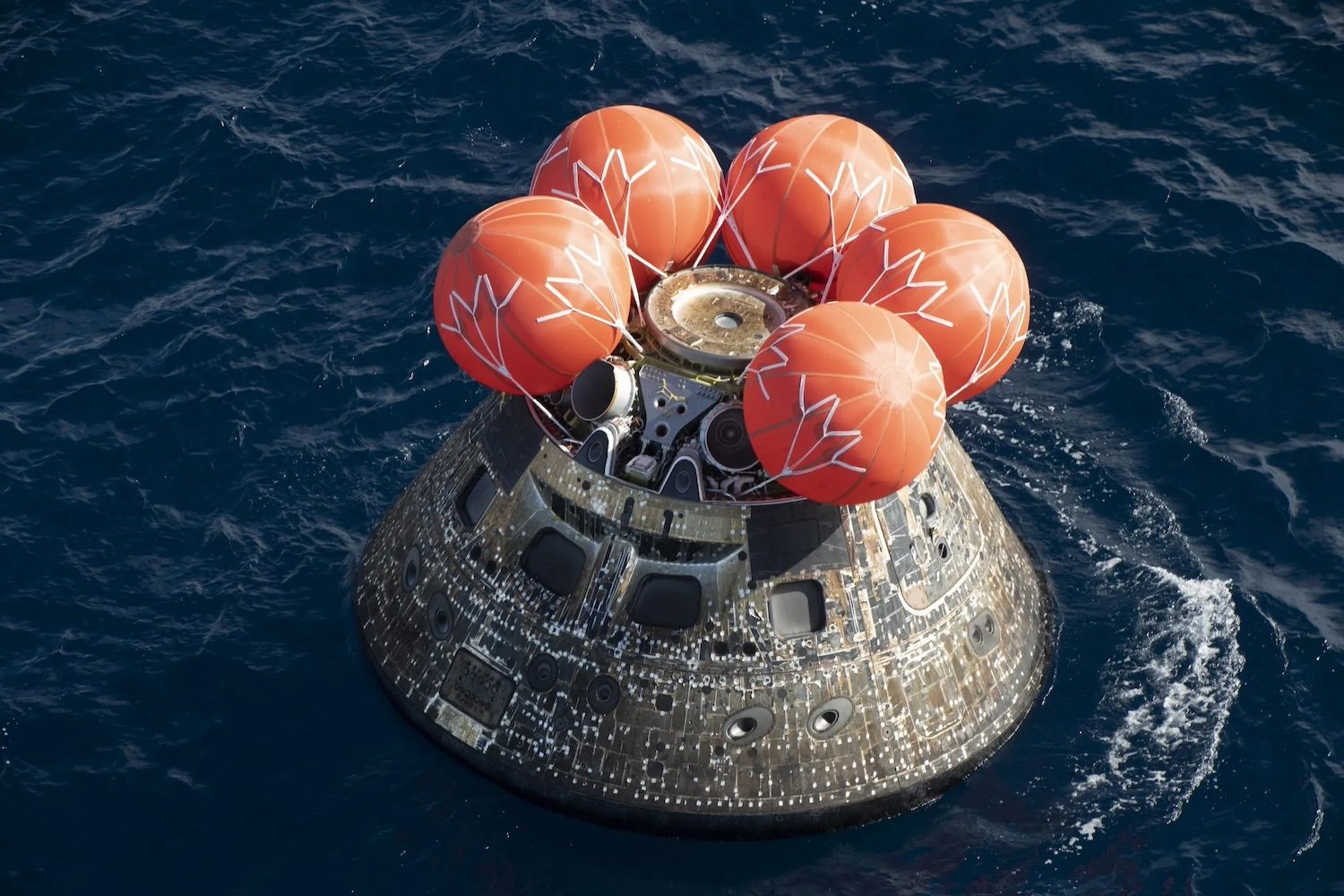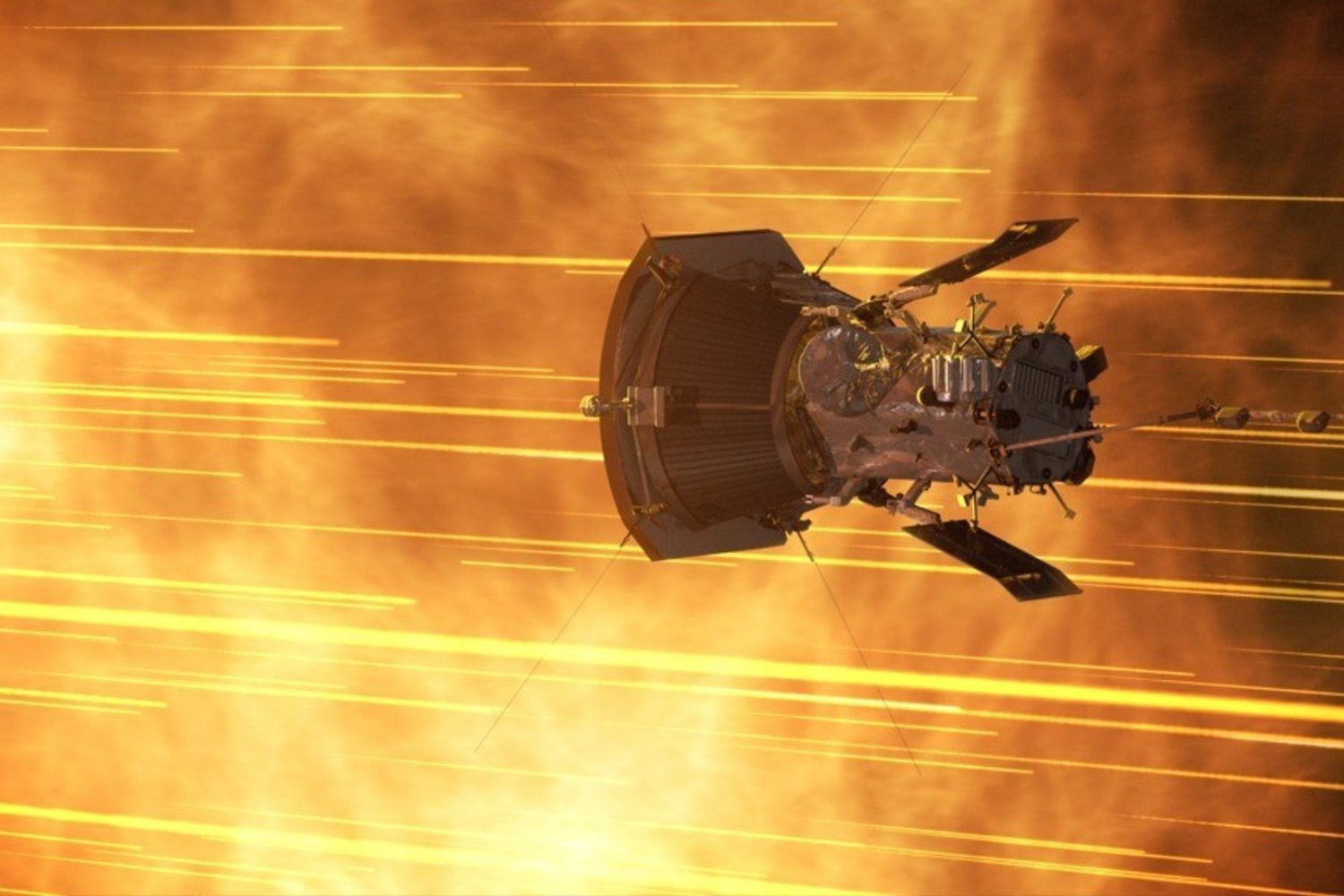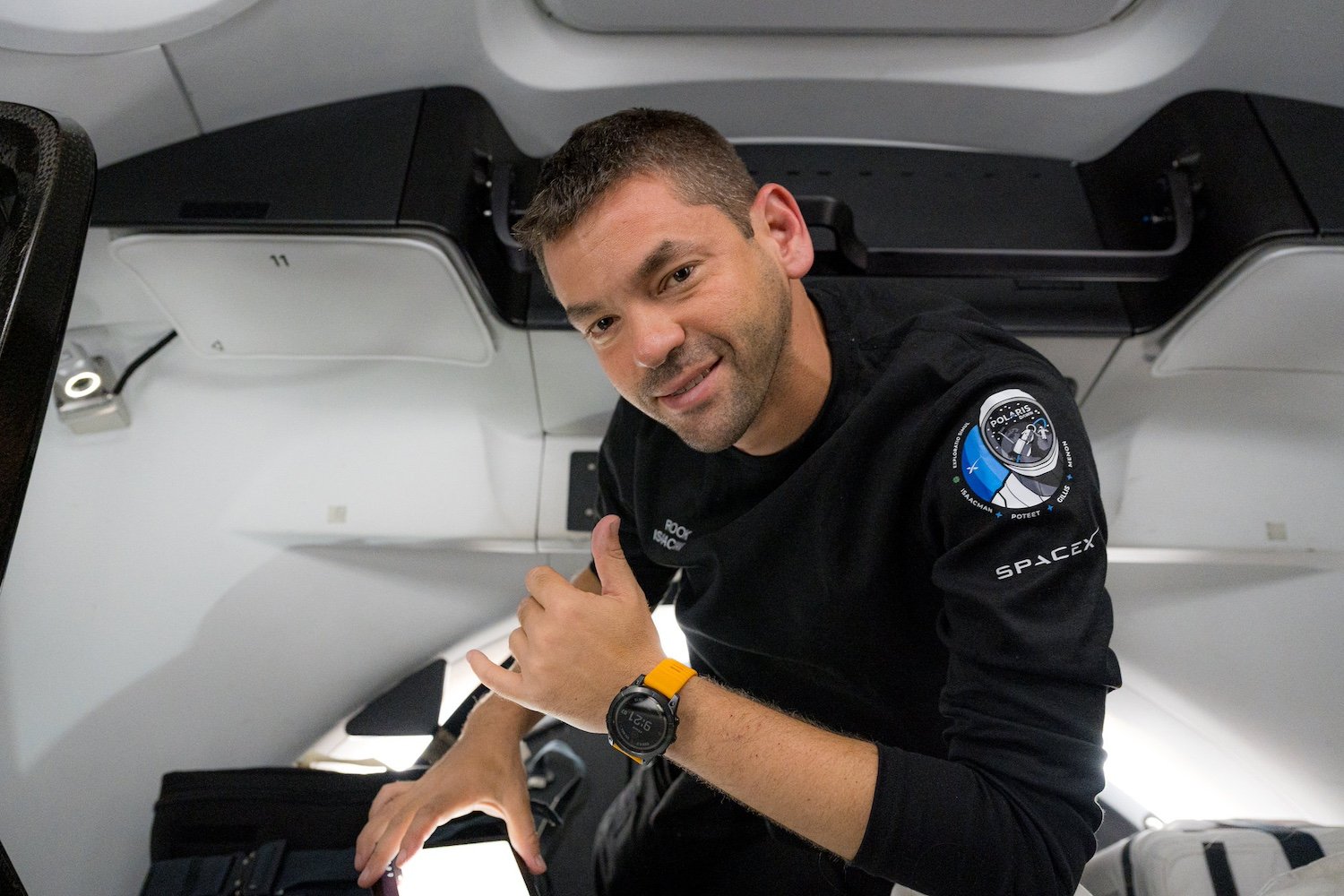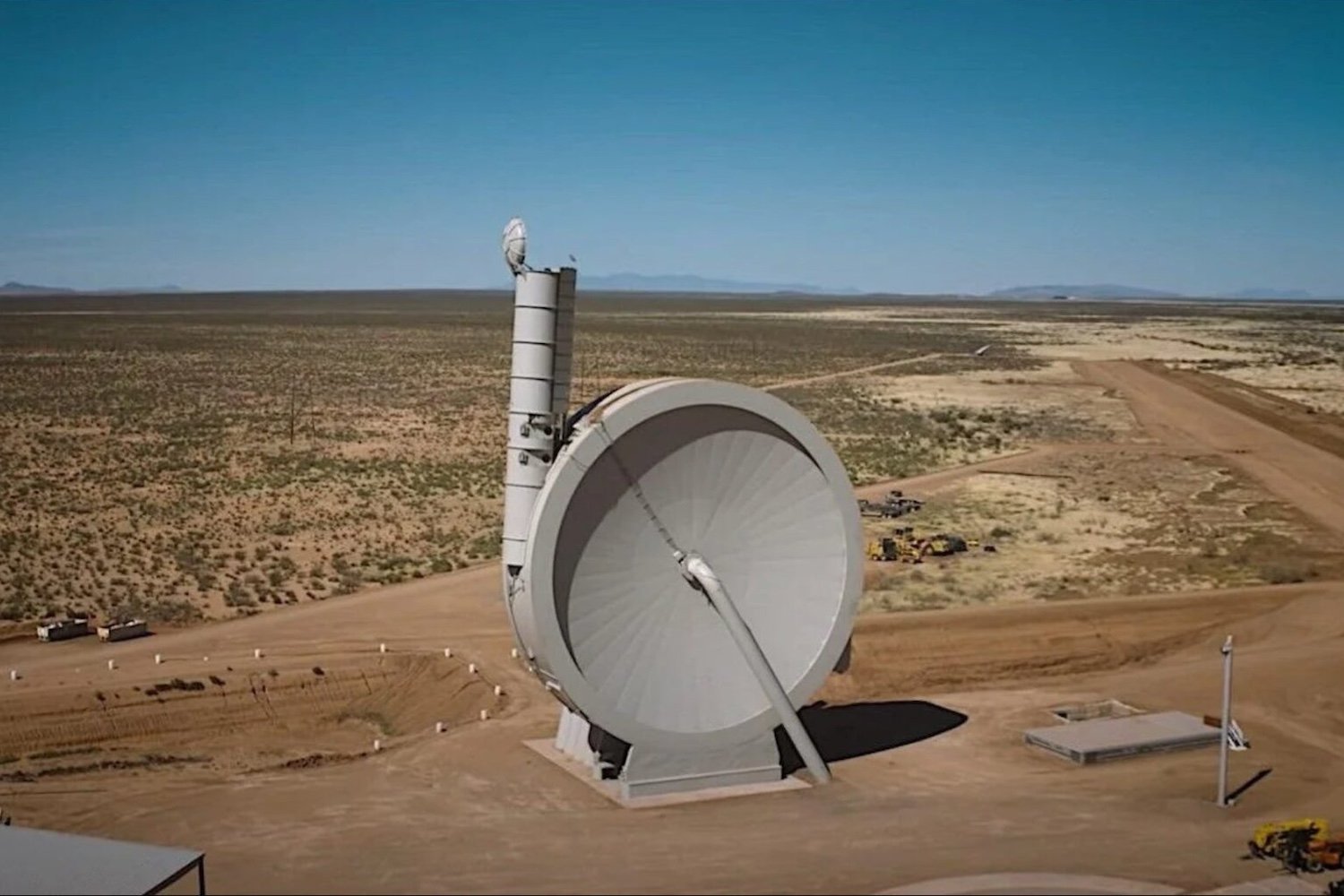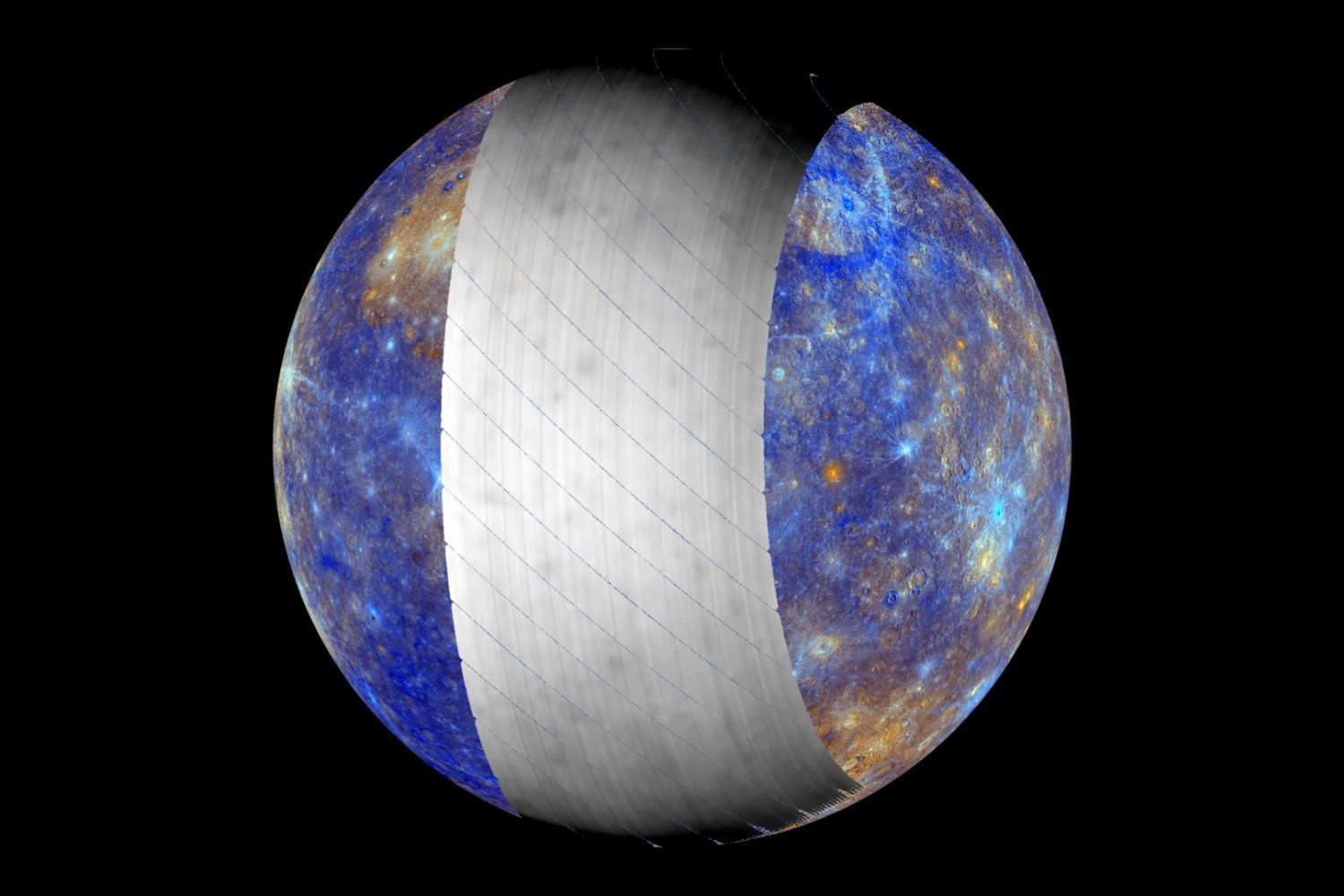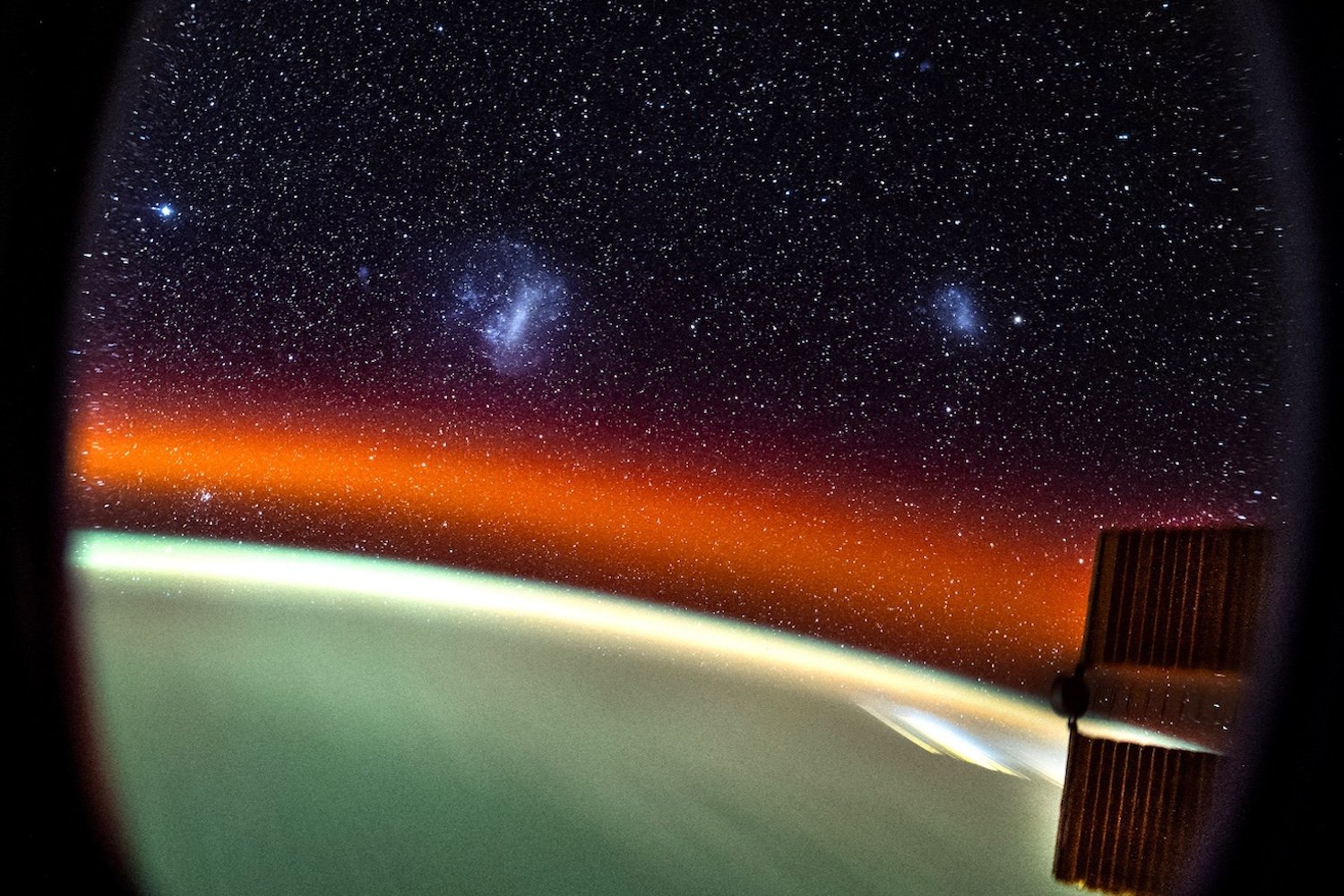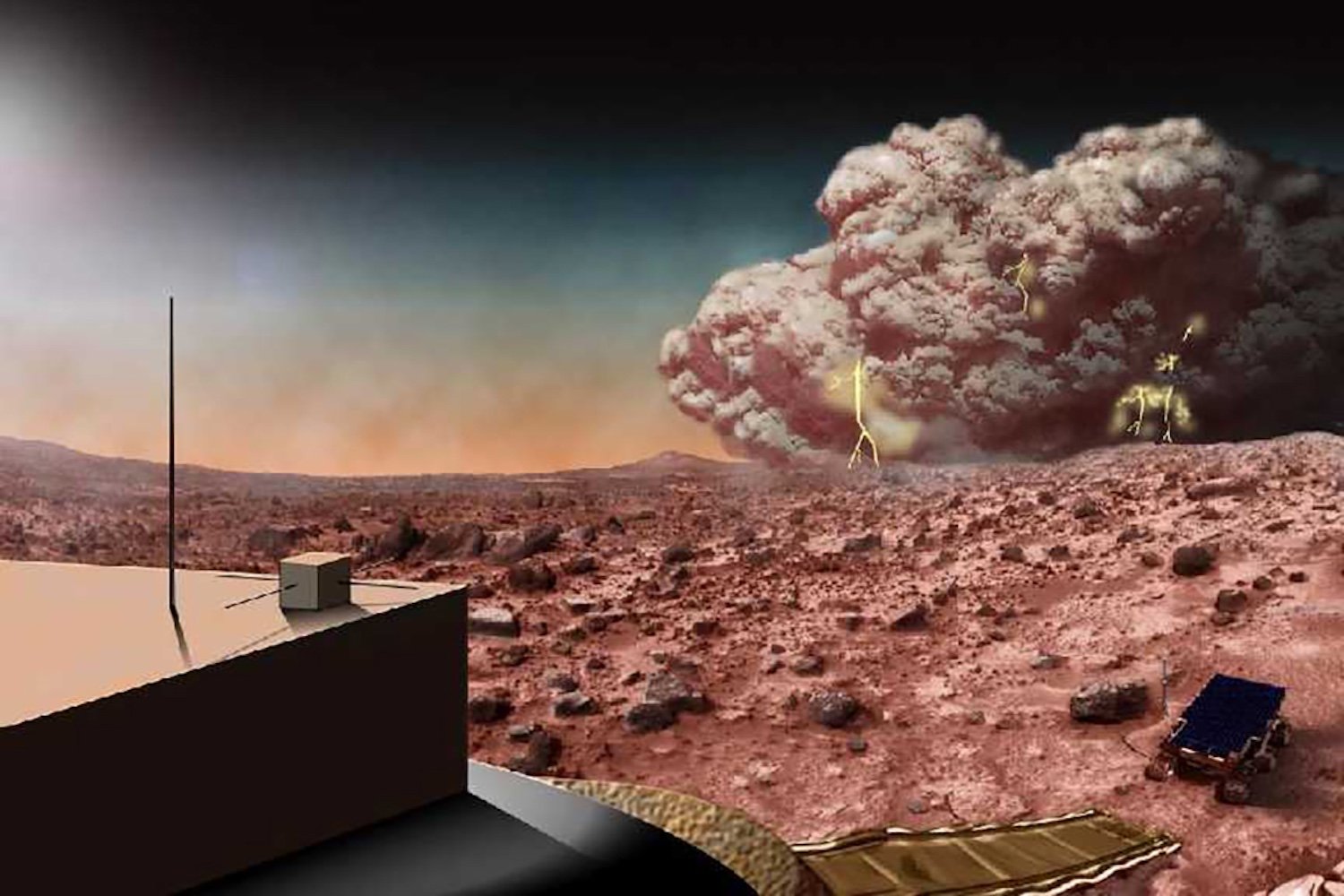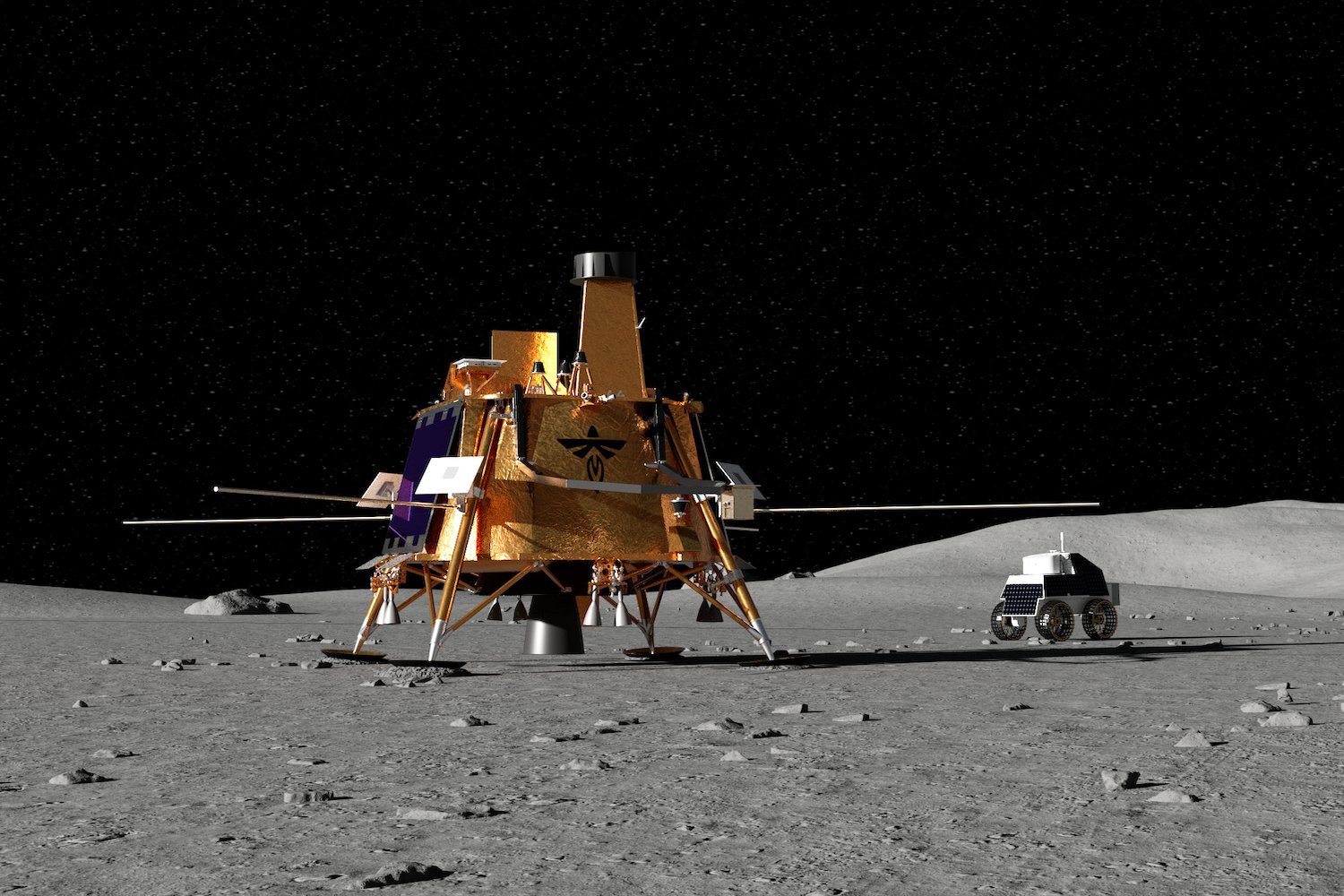Donald Trump’s selection of Jared Isaacman, the billionaire entrepreneur and space enthusiast, as his nominee for NASA administrator signals a potential paradigm shift for the U.S. space agency. Announced via Truth Social, Trump praised Isaacman’s ability to “drive NASA’s mission of discovery and inspiration.” This unconventional choice, deviating from recent administrator selections with political backgrounds, suggests a growing emphasis on private sector involvement in the national space program.
Isaacman, fresh off his Polaris Dawn spacewalk, expressed his enthusiasm on X (formerly Twitter), stating his passion for American leadership in space exploration. His background extends beyond his role as founder and CEO of Shift4 Payments. He has commanded two private astronaut missions, notably Inspiration4, the first all-civilian orbital mission, and Polaris Dawn, which achieved higher altitudes than any previous crewed SpaceX Dragon capsule.
Polaris Dawn wasn’t just a sightseeing trip. The mission included the first commercial spacewalk, testing SpaceX-designed spacesuits and pushing the boundaries of private spaceflight beyond suborbital jaunts. Isaacman’s X post reflects his belief that this marks the beginning of a “second space age.”
This “second space age” may see increased reliance on private companies like SpaceX. Speculation surrounds the potential cancellation of NASA’s Space Launch System (SLS) under a second Trump term. The SLS, designed for the Artemis lunar program, has faced significant delays and cost overruns.
NASA’s budgetary constraints further fuel this speculation. The 2024 budget, at $24.875 billion, falls short of the agency’s requested amount and underscores the need for cost-effective solutions. Meanwhile, the private sector sees space as a new frontier for profit.
Isaacman envisions a thriving space economy with potential in manufacturing, biotechnology, mining, and energy. He foresees opportunities for people to live and work in space, suggesting a focus on commercializing space under his potential leadership.
However, Isaacman’s close ties with SpaceX raise concerns about potential favoritism. His missions utilize SpaceX hardware, and his relationship with Elon Musk, a Trump ally, could lead to SpaceX securing a disproportionate share of NASA contracts. Senate approval of Isaacman’s nomination is still pending.
Despite these concerns, Isaacman’s appointment could inject a new dynamism into NASA. His private sector experience might streamline bureaucratic processes and encourage greater risk-taking. Whether positive or negative, his leadership would undoubtedly mark a new era for NASA and the future of spaceflight.



